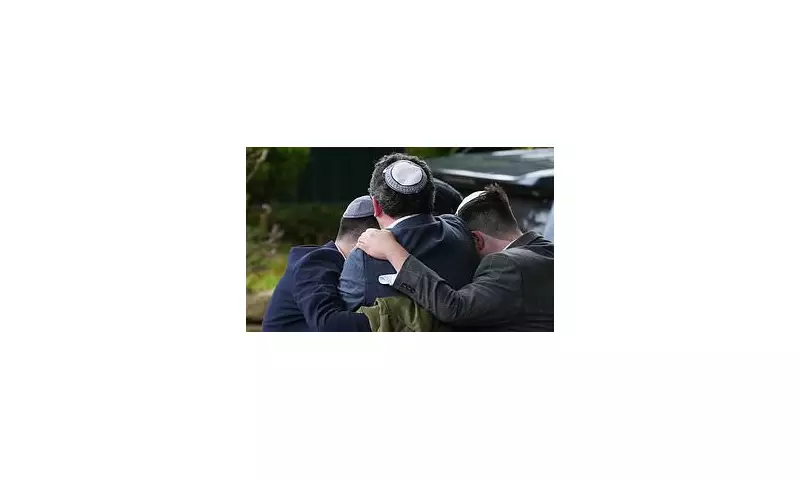
For twenty-three consecutive months, the streets of Britain have echoed with chants that have left Jewish communities questioning their place in modern British society. What began as demonstrations against Israeli military action has evolved into something far more sinister, creating what many describe as an unbearable atmosphere of intimidation and fear.
The Unending Tide of Protest
Week after week, major British cities have witnessed organised marches that frequently cross the line from political protest into outright hostility. Jewish residents report feeling increasingly alienated in their own neighbourhoods, with familiar streets transformed into arenas of conflict every weekend.
A Community Under Siege
The psychological impact on British Jews has been profound. Parents speak in hushed tones about explaining the protests to their children, while community leaders describe an unprecedented level of anxiety among their congregations. Synagogues have increased security measures, and many Jewish families now avoid city centres on demonstration days.
When Protest Becomes Persecution
Several concerning patterns have emerged from these ongoing demonstrations:
- Extremist rhetoric becoming increasingly mainstream
- Targeted intimidation of Jewish businesses and institutions
- Normalisation of antisemitic tropes in public discourse
- Police resources stretched to breaking point
The Silence That Speaks Volumes
Perhaps most disturbing has been the muted response from mainstream political and cultural institutions. Many British Jews feel abandoned by those who should be their staunchest defenders, creating a sense of isolation that compounds the fear generated by the protests themselves.
A Test of British Values
The situation presents a fundamental challenge to Britain's reputation for tolerance and multiculturalism. The question being asked in Jewish households across the country is simple yet devastating: If this can continue for nearly two years without meaningful intervention, what does that say about our place in British society?
The marches continue, but so does the quiet determination of a community refusing to be intimidated out of public life. The real test, however, may be whether Britain remembers its commitment to protecting all its citizens equally.





